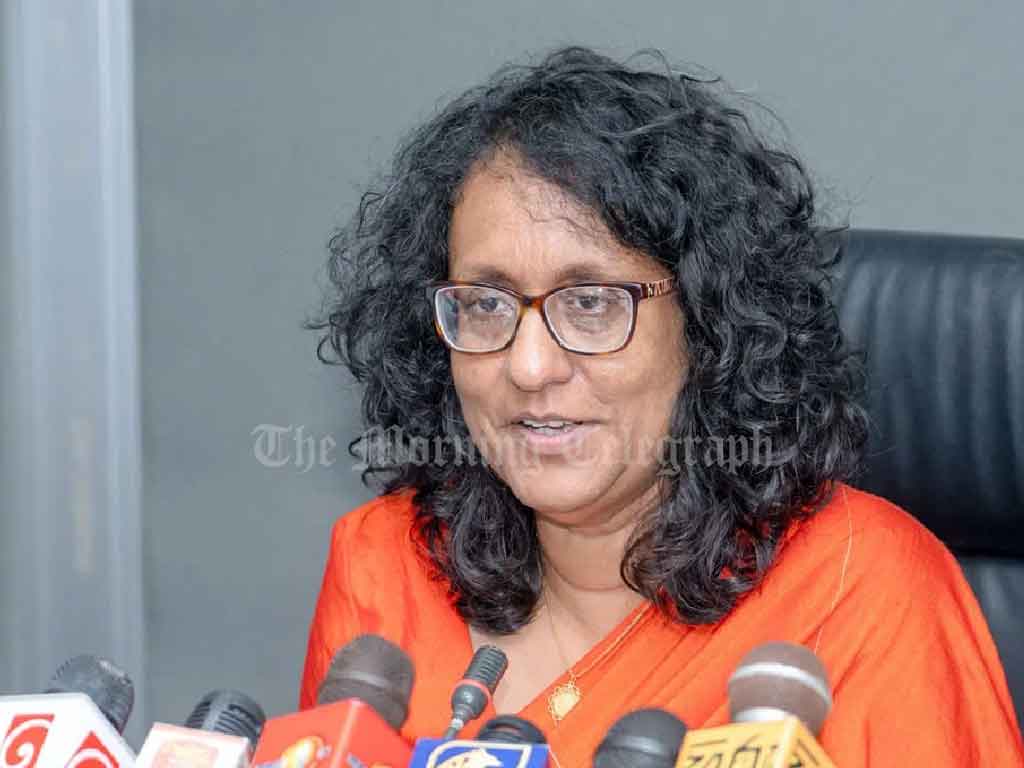
Prime Minister Dr. Harini Amarasuriya emphasized the importance of collaboration and consensus in implementing education reforms, warning that a lack of agreement could lead to a crisis in the sector. Speaking at a meeting with provincial education heads at Temple Trees, the Prime Minister highlighted the sensitivity of education and the need for a unified approach to avoid divisiveness.
Dr. Amarasuriya underscored the importance of a common education system for all children, particularly those facing national exams. While acknowledging the diverse needs of different provinces, she stressed that policy decisions should align with national objectives to maintain consistency across the country’s education system.
The Prime Minister also addressed public calls to abolish the five-year scholarship, a move critics claim places unnecessary pressure on children. However, Dr. Amarasuriya pointed out that this scholarship was introduced to bridge gaps between schools. To abolish it, she argued, the disparities between schools must first be addressed, cautioning that unilateral decisions without a solution to the root cause could lead to more significant problems.
She further emphasized the necessity of a data-driven decision-making mechanism in education, noting that such decisions should not rest solely on the shoulders of politicians, ministers, or secretaries. This approach, according to the Prime Minister, would ensure more effective and informed policymaking.
Additionally, the meeting discussed various provincial-level challenges, including the educational needs of children, nutrition programs, teacher shortages, and the need for enhanced professional development for educators.
The session was attended by Deputy Minister of Education Dr. Madura Seneviratne, Secretary to the Prime Minister Pradeep Saputhanthree, Secretary to the Ministry of Education, Higher Education, and Vocational Education Nalaka Kaluwewa, and various provincial officials.
Prime Minister’s Media Division




